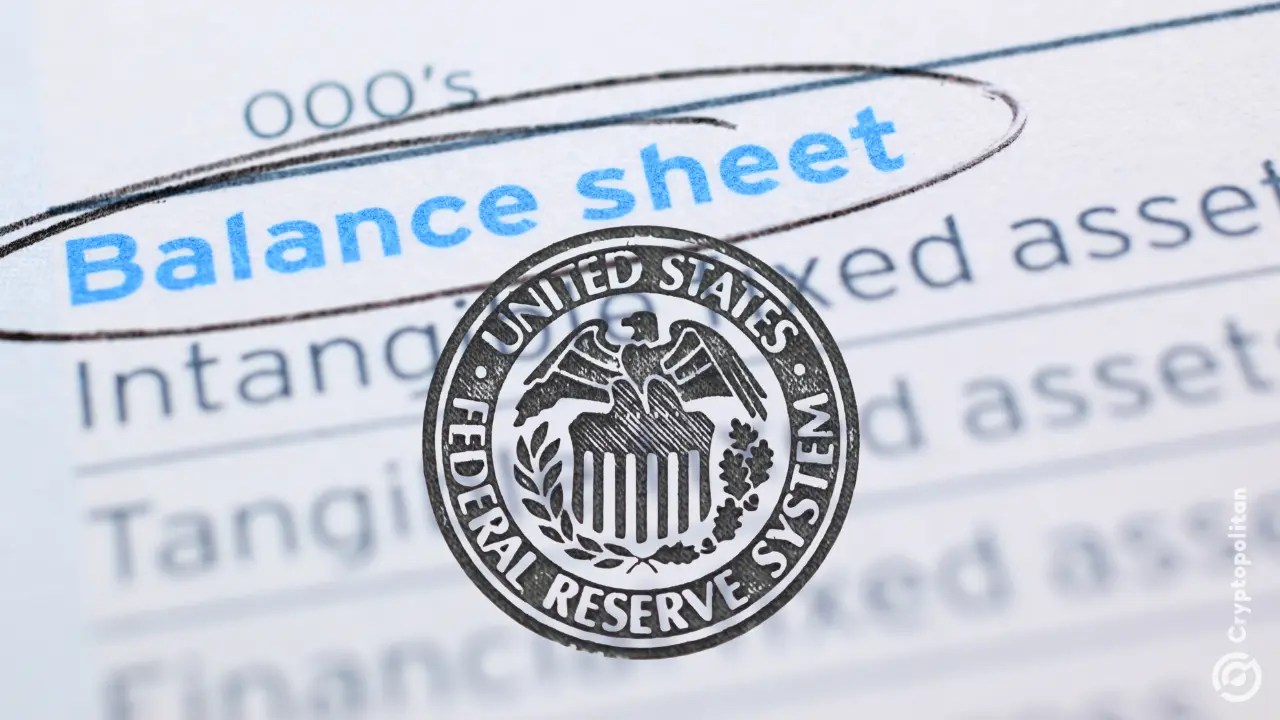Are They A Good Idea?
The post Are They A Good Idea? appeared on BitcoinEthereumNews.com. Sam Altman, CEO of OpenAI, and Senator Ted Cruz, chairman of the Senate Commerce, Science, and Transportation Committee, following a hearing in Washington, DC. © 2025 Bloomberg Finance LP Yes, regulatory sandboxes can be a good idea. These controlled test beds for new technologies are moving to Washington, with Sen. Ted Cruz introducing a bill to establish federal AI sandboxes. Framed as exceptions from burdensome regulation, the proposal mirrors what has been done in the U.K. and Europe. Artificial intelligence continues to race ahead of existing governance models, raising concerns about safety, security, and global competitiveness. Policymakers are scrambling to find tools that protect consumers without slowing innovation. Among these proposals is the introduction of regulatory sandboxes, controlled environments where companies can test new technologies under oversight but with temporary flexibility from certain rules. Sen. Ted Cruz, chair of the Senate Commerce Committee, unveiled a bill to establish federal AI sandboxes. The initiative comes as dozens of countries experiment with sandboxes in finance, healthcare, and now AI. The European Union AI Act, for instance, requires member states to set up AI sandboxes, and the United Kingdom pioneered this model in financial services nearly a decade ago. The evidence suggests this approach can work if designed with transparency, enforcement, and public safeguards in mind. Regulatory sandboxes promote innovation and foster learning. Yet they also risk regulatory capture and can distort the competitive environment by advantaging sandbox participants. Regulatory Sandboxes: What They Are And Why They Matter A regulatory sandbox is a structure in which innovators can test technologies under the watch of regulators without immediately facing the full weight of compliance. Borrowed from software development, the term has evolved into a legal and policy tool that allows experimentation while limiting risk. The benefits are clear. Sandboxes reduce information gaps between regulators…

The post Are They A Good Idea? appeared on BitcoinEthereumNews.com.
Sam Altman, CEO of OpenAI, and Senator Ted Cruz, chairman of the Senate Commerce, Science, and Transportation Committee, following a hearing in Washington, DC. © 2025 Bloomberg Finance LP Yes, regulatory sandboxes can be a good idea. These controlled test beds for new technologies are moving to Washington, with Sen. Ted Cruz introducing a bill to establish federal AI sandboxes. Framed as exceptions from burdensome regulation, the proposal mirrors what has been done in the U.K. and Europe. Artificial intelligence continues to race ahead of existing governance models, raising concerns about safety, security, and global competitiveness. Policymakers are scrambling to find tools that protect consumers without slowing innovation. Among these proposals is the introduction of regulatory sandboxes, controlled environments where companies can test new technologies under oversight but with temporary flexibility from certain rules. Sen. Ted Cruz, chair of the Senate Commerce Committee, unveiled a bill to establish federal AI sandboxes. The initiative comes as dozens of countries experiment with sandboxes in finance, healthcare, and now AI. The European Union AI Act, for instance, requires member states to set up AI sandboxes, and the United Kingdom pioneered this model in financial services nearly a decade ago. The evidence suggests this approach can work if designed with transparency, enforcement, and public safeguards in mind. Regulatory sandboxes promote innovation and foster learning. Yet they also risk regulatory capture and can distort the competitive environment by advantaging sandbox participants. Regulatory Sandboxes: What They Are And Why They Matter A regulatory sandbox is a structure in which innovators can test technologies under the watch of regulators without immediately facing the full weight of compliance. Borrowed from software development, the term has evolved into a legal and policy tool that allows experimentation while limiting risk. The benefits are clear. Sandboxes reduce information gaps between regulators…
What's Your Reaction?



































